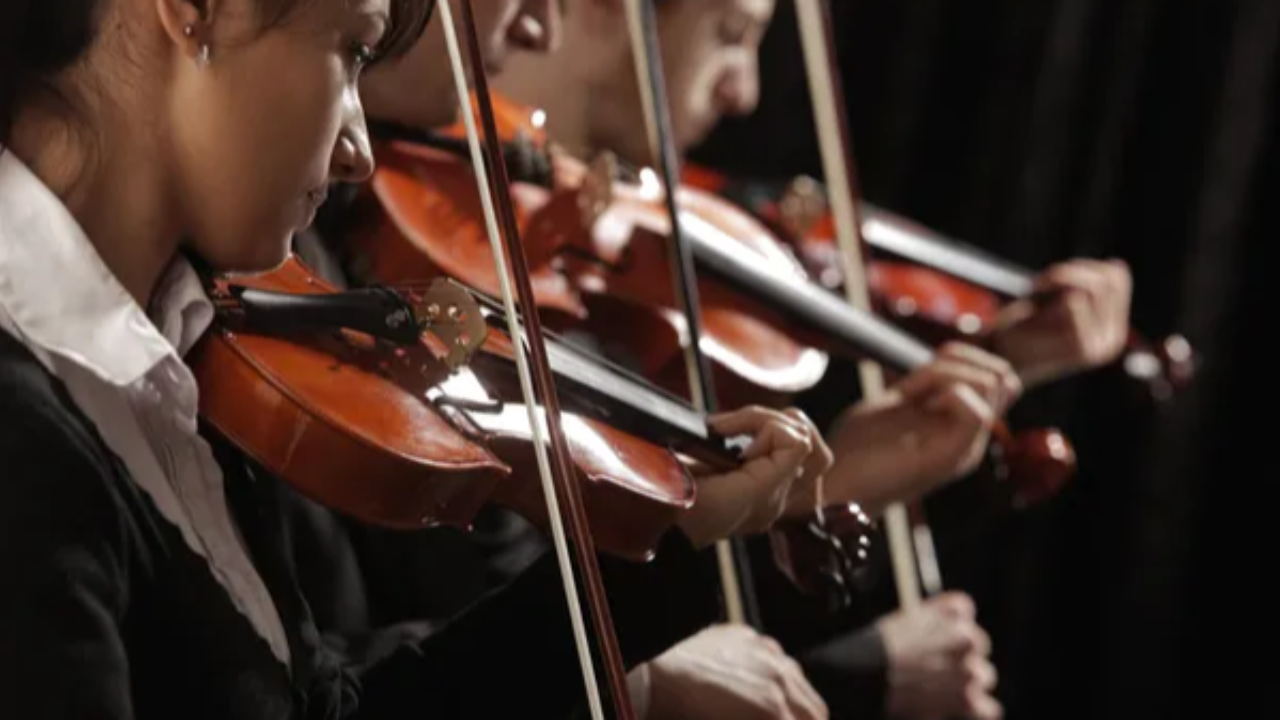The Truth of our Training
Jun 10, 2025
I’m not a complainer. In fact, I’ve always been able to see through challenges to a find the positive. To see possibilities over limitations. The ability to do that comes from a lot of practice; it’s not innate. To see possibility, one must also understand the truth of one’s reality.
I have been either a student, teacher, tenured orchestra player, chamber performer, soloist, or coach in the music field for over fifty-six years. I’ve been very fortunate. I earn a living doing what I love. I have had experiences within the profession that were transformative, inspiring and joyful. Yet, I see things. I first encountered them in myself, then saw them in my students, and helped others grapple through them in their coaching sessions. These things are universal. Whether you are a seasoned professional or consider music your hobby, these things are there. The indoctrination. The mindset. The immersion. As one colleague puts it, your conditioning to become a musician. Call it whatever you wish—brainwashing, cultism, or rigorous mindset—but not one of us has escaped it. If one is musically trained, he/she has encountered of which I refer. It’s time to put it to an end.
The indoctrination begins quite early--ages, three, four and five--particularly for string players and pianists. We learn the importance of accuracy, precision and “correctness” as we develop our skills to play an instrument. Consequences to falling short of this, even in the best of environments, can be embarrassing or shaming. Everything we do is there, and cannot be erased. We can’t take back a missed note or a slip in memory. It’s out where everyone can hear it. And, we have these experiences long before we have a secure sense of who we are in the world. Our “self” is still evolving. And as such, the self absorbs this indoctrination as part of our “identity.” This “identity” includes attributes such as discipline, focus, achievement, and mental strength. Yet, if our sense of who we are is fusing with our training, we have a problem. Discipline edges into overwork. Focus reaches into obsession. Achievement becomes perfectionism, and mental strength includes a highly critical self. Is it any wonder most of us struggle with imposter syndrome, performance anxiety and/or physiological problems at some point in our career?
The truth is our training, no matter how glorious our teachers might have been, hurt us psychologically and physically. As someone trained in trauma recovery, I know that individuals who have endured chronic abuse or some tragic event in their early lives suffer challenges as adults that affect their relationships with others, daily functioning, thinking and ability to belong in the world. Adapting to an unsafe situation breeds behaviors that are unhealthy simply to survive the situation. These can be intentionally unlearned and replaced with regulation, balance and supportive habits that serve your well-being, but they don’t self-correct or re-balance on their own. This is true for any unwanted behavior or thought pattern and not just trauma. In other words, the indoctrination we received from our music training need not be permanent. It is a conscious choice whether to remain holding to unsupportive habits of being or not. Once we become aware of it within ourselves, we can change it.
Anyone who has been in music school knows what I mean. And, I say this having loved that time in my life. Here are some of the unhealthy behaviors we absorbed: overwork, self doubt, punitive self-talk, anxiety, perfectionism, shame, comparing yourself to others, placing your worth on how well you think you played. Add to that the trauma and abuse some have endured at the hands of a trusted mentor, and it is a breeding ground for problems down the road. We don’t learn to face challenges in a way that nurtures our own power and sense of self. Instead, we turn it inward…WE aren’t enough or something is wrong with ME. Whether it is conscious or not, we pass this thinking on to our students. This is the real tragedy, I think. We teach this to young people because it is how we were taught...unless we are aware of it and are willing to change our ways.
We can stop the cycle.
There are two solutions: 1. address your own conditioning by choosing a healthier option and 2. avoid the whole mess to begin with. The second option is one I have pondered for years motivating me to create an approach to instrumental teaching that is molded to the student’s best interests from the very start. Imagine…music instruction emphasizing the importance of creating beauty in the world! Music instruction grounded in nourishing the well-being of those participating. No need to validate music’s importance, its educational value or its worth. Anyone can create beauty at any age and at any level provided they are nurtured to do so in a way that supports their own health.
Let’s create messengers of that beauty when we teach and become the conduits of that truth when we play.
Stay connected with news and updates!
Join our mailing list to receive the latest news and updates from Alison Maerker Garner and Musical Minds.
Don't worry, your information will not be shared.

